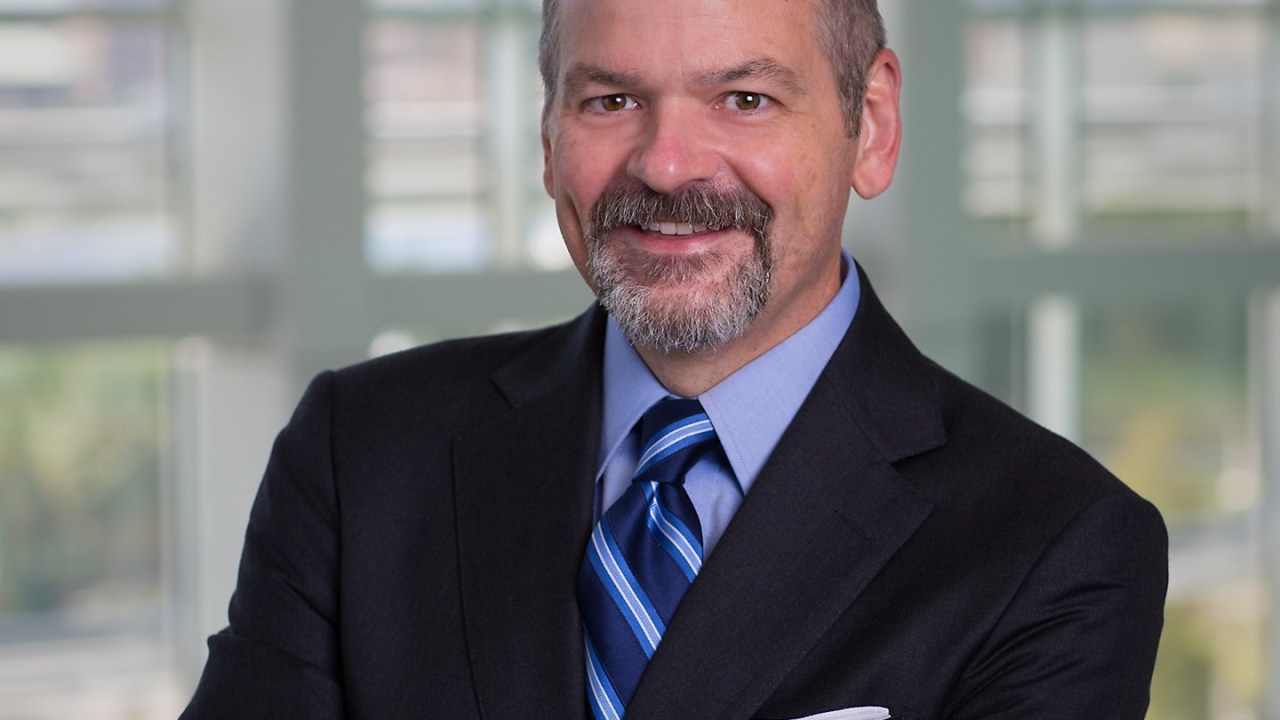
The following is an interview with newly appointed Accreditation Commissioner, C.J. Roberts, on what this new appointment means to him and the field.
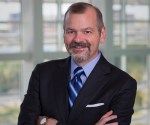
1. You were part of the Tampa Bay History Center from its inception. Tell me how that experience has affected your view of Excellence programs in general, and accreditation in particular.
The takeaway for me was to recognize that there are a lot of stakeholders involved in starting a museum, and their voices need to be heard. We spent two years meeting in small group settings with people across the community. It really reinforced the role we play as stewards of our institutions and guardians of our community’s stories. And that relates to accreditation, which is truly the museum field’s best measure of excellence. Accreditation demonstrates that we’re making the most of that stewardship role.
2. Before Tampa, you worked for military history museums. What unique challenges do they face when it comes to fulfilling their mission and serving their communities?
I spent many years working for military-themed museums, specifically focused on World War II, and our biggest challenge there was the fact that an important audience─the veterans of World War II─are quickly disappearing. We had to find ways to make the institution meaningful to new audiences.
3. What do you think you’ll bring to the Accreditation Commission? What changes or direction would you like to support?
I bring 21 years of experience as a museum director. And I’ve been on both sides of the accreditation process, volunteering as a peer reviewer for other museums and also being the institution that gets peer-reviewed. But I’m always eager to learn more. How can we help the accreditation program change and grow? How can we connect it internationally? At the Tampa Bay History Center, we worked with our counterparts in Europe and in Cuba. Tampa and Cuba have a strong historical connection, and I’m excited by the idea that museums in different countries can tell a fuller story by working together.
4. Any ideas on how to get more museums off the sidelines and into the Continuum of Excellence?
I think the Alliance took a huge step forward by streamlining the accreditation program, and now we really have to get the word out about the benefits of accreditation and how it can be a manageable and reasonable process, even for a smaller institution.
From my own experience, I found that going through the process is a healthy thing for a museum to do, maybe more so than the accreditation itself.
5. Why serve on the Accreditation Commission at this stage of your career? Where does it fit into your career trajectory?
Even after two decades in the industry, I still feel like a student of the profession. So I look forward to growing my skill sets and learning from the institutions that we’re assessing. And I also value that feeling of giving back to a profession that has given me so much.

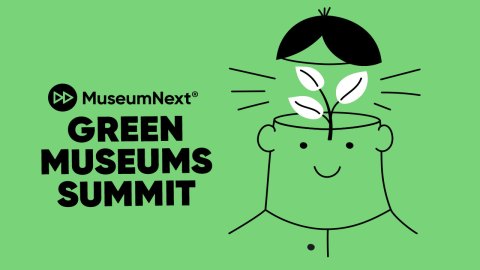

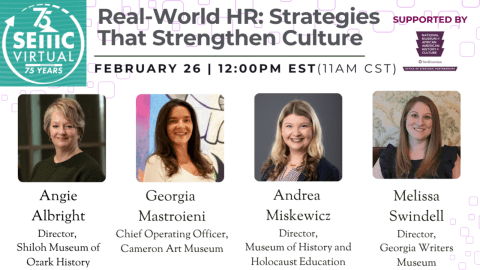


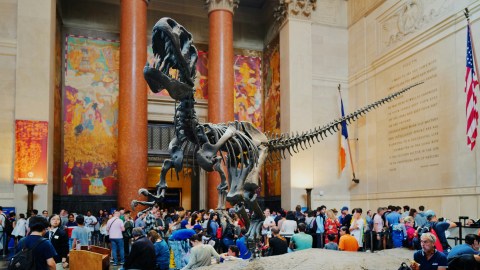
Congratulations, CJ! This is great news.